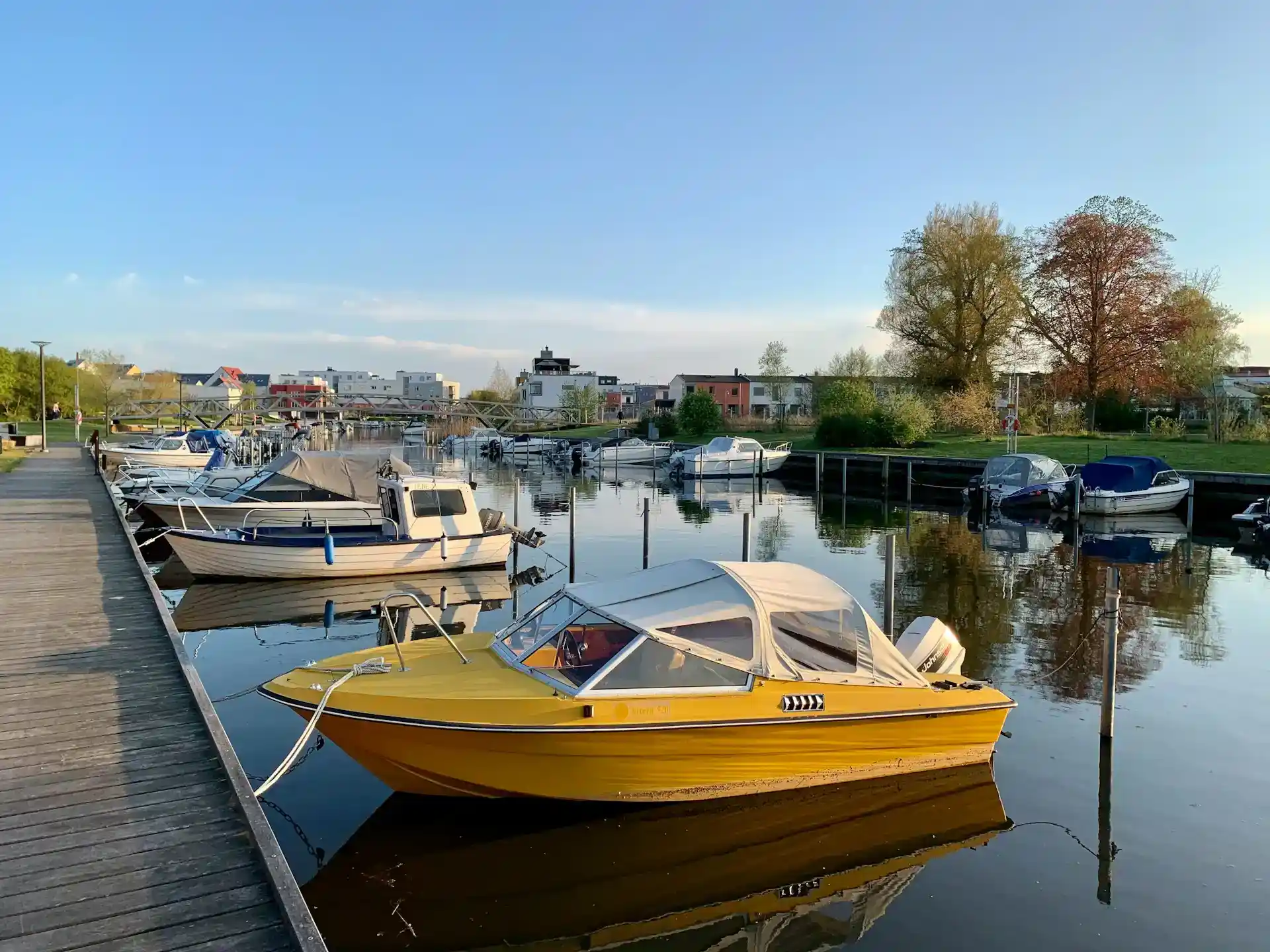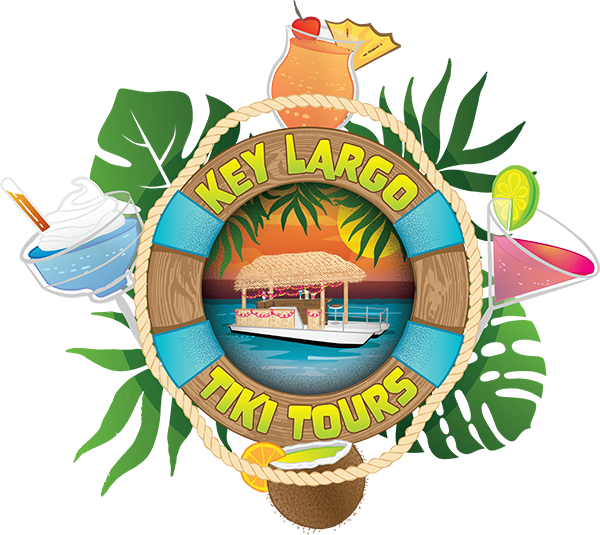
What All Do You Need to Rent a Boat? Complete Checklist for Beginners
Rent a Boat
What All Do You Need to Rent a Boat?
Imagine gliding over sparkling blue waters, the wind in your hair, and not a care in the world just you, your friends or family, and the open water.
Rent a Boat
What All Do You Need to Rent a Boat?
Renting a boat can be an exciting experience, whether you’re planning a fishing trip, a sunset cruise, or a full-blown family water adventure. But before you head out to the marina or hit the “Book Now” button, there are some important requirements and preparations to consider.
In this complete guide, we’ll cover what all you need to rent a boat, including licenses, documents, equipment, rules, and safety protocols. Plus, we’ve included a checklist at the end to make sure you don’t miss anything!

1. Identification and Personal Information
Let’s start with the basics. Just like renting a car, boat rental companies require proof of your identity.
What You’ll Need:
- A valid government-issued photo ID (Driver’s License, Passport).
- Your age (most companies require renters to be at least 18 or 21).
- A credit or debit card for security deposit and payments.
Many states and countries require renters to be of a certain age, usually 18+ for small vessels and 21+ for larger boats or yachts.
2. Boating License or Boater Education Card
Do you need a license to rent a boat? The answer depends on your location and the type of boat you want to rent.
In the U.S., the rules vary by state:
- Florida requires anyone born after Jan 1, 1988, to carry a Boating Safety Education ID Card.
- California, New York, and Texas also require boater education cards for certain age groups.
- In some cases, if you're hiring a captained boat, you won’t need a license at all.
3. Rental Agreement & Insurance
Before you’re handed the keys to your watercraft, you’ll be asked to sign a rental agreement.
What’s Included in the Agreement:
- Duration of the rental.
- Cost and fuel policy.
- Rules on mileage or boating area limits.
- Damage and liability terms.
- Cancellation policy.
- Insurance:
- Most boat rental companies offer liability insurance.
- You may opt for damage waiver or third-party insurance.
- Some credit cards cover rental insurance check with your bank.
- Pro Tip: Always read the fine print. Ask questions about what’s covered and what’s not.
4. Knowledge of Navigation Rules
While you may not need a full captain’s license, understanding basic boating laws and navigation rules is essential.
Basics You Should Know:
- Right of way rules.
- No-wake zones.
- Speed limits near marinas or docks.
- How to respond to navigational markers.
- Emergency protocols.
Boating safely isn’t just about following rules it’s about protecting yourself, your passengers, and other waterway users.
5. Safety Equipment
Even if the water is calm, safety is paramount. Most reputable boat rental companies provide required safety gear, but you should double-check that everything is onboard.
Must-Have Safety Gear:
- USCG-approved life jackets for all passengers.
- Fire extinguisher.
- Sound-producing devices (like a horn or whistle).
- Navigation lights.
- Throwable flotation device.
- First-aid kit.
- Anchor and line.
Make sure you know where each item is stored and how to use them. If something seems missing ask before leaving the dock.
6. Navigation & Communication Tools
While many boats now come equipped with GPS systems, having a backup is always wise.
Useful Tools:
- GPS / Fish Finder.
- Paper map or chart of the area.
- Marine radio (VHF) or a charged mobile phone.
- Compass.
Make sure you have the contact info of the rental company and coast guard handy in case you need assistance.
7. Supplies for the Day
Boat rentals usually don’t include food, drinks, or personal items. Plan to bring:
What to Pack:
- Waterproof sunscreen.
- Drinking water (stay hydrated).
- Snacks or meals.
- Cooler with ice.
- Dry bag for valuables.
- Towels & change of clothes.
- Sunglasses and hat.
If you’re planning to swim, don’t forget a ladder or platform, and check if your boat has one.
8. Activity-Specific Gear
Depending on your plans, you may need extra equipment:
For Fishing:
- Fishing rods, bait, tackle box.
- Fishing license (check local laws).
For Cruising:
- Bluetooth speaker.
- Camera or GoPro.
- Binoculars for wildlife spotting.
For Watersports:
- Towable tubes, wakeboard, or skis.
- Ropes and vests.
- Flag for water skier.
Confirm in advance whether your rental allows watersports activities, as some boats may not be equipped or insured for them.
9. Weather and Conditions Check
Before heading out, always check:
- Local weather forecast.
- Wind and wave conditions.
- Tide times (especially in coastal areas).
Storms can come quickly over open water, so plan to be flexible. If you’re unsure, ask the rental operator for advice.
10. Final Checklist Before Departure
Here’s your go-to checklist to confirm what all you need to rent a boat:
Valid ID.
Boating license (if required).
Signed rental agreement.
Payment method (deposit ready).
Knowledge of boating rules.
Life jackets for everyone.
Fire extinguisher & safety equipment.
Navigation & communication tools.
Personal supplies (water, sunscreen, etc.).
Activity-specific gear (optional).
Checked weather and tides.
Pro Tips for a Smooth Boat Rental Experience
- Arrive early: Complete paperwork and get a boat walkthrough before your scheduled time.
- Ask for a briefing: Request a tour of the boat’s controls and safety gear.
- Take photos: Document the condition of the boat before departure to avoid disputes.
- Stay sober: Most places have strict laws about boating under the influence.
- Return on time: Late returns may incur extra fees.
Renting a boat is a fun and memorable way to explore lakes, rivers, or coastal waters but being prepared makes all the difference. From having the right documents to understanding boating laws and carrying essential gear, this checklist ensures you’re set for smooth sailing.
Before you rent, always check with the rental provider for local requirements, and never hesitate to ask questions. Your safety and your fun depend on it.
Frequently Asked Questions
Do I need a license to rent a boat in the U.S.?
It depends on the state. Some require a boating safety certificate, while others may allow you to rent without a license if you complete a short safety course or hire a captain.
What documents are required to rent a boat?
Generally, you need a government-issued ID, credit card for deposit, and possibly a boating license or proof of boater education, depending on location and vessel type.
What should I bring on a boat rental trip?
Bring sunscreen, water, snacks, towels, a dry bag for valuables, and any activity-specific gear (like fishing rods or water toys).
Can I rent a boat without prior experience?
Yes, many rental companies offer beginner-friendly boats and even short tutorials. Some offer captained options so you don’t have to drive the boat yourself.
What happens if I damage the boat?
You may be responsible for repair costs unless the damage is covered by rental insurance. Always inspect the boat beforehand and report any pre-existing issues.
